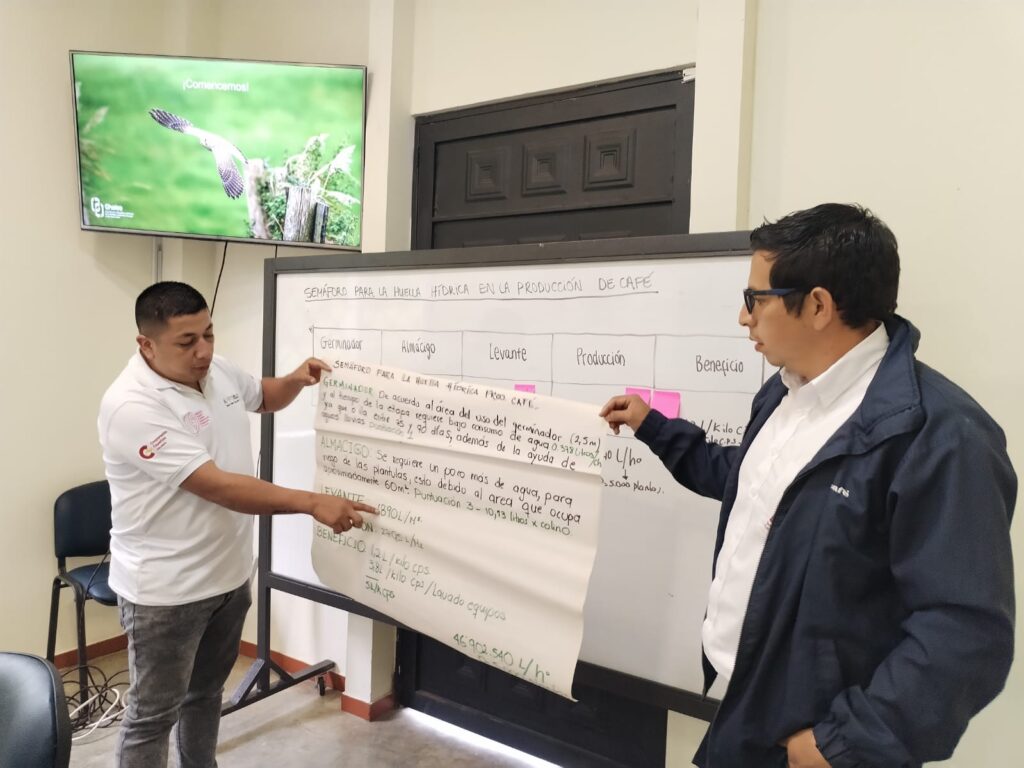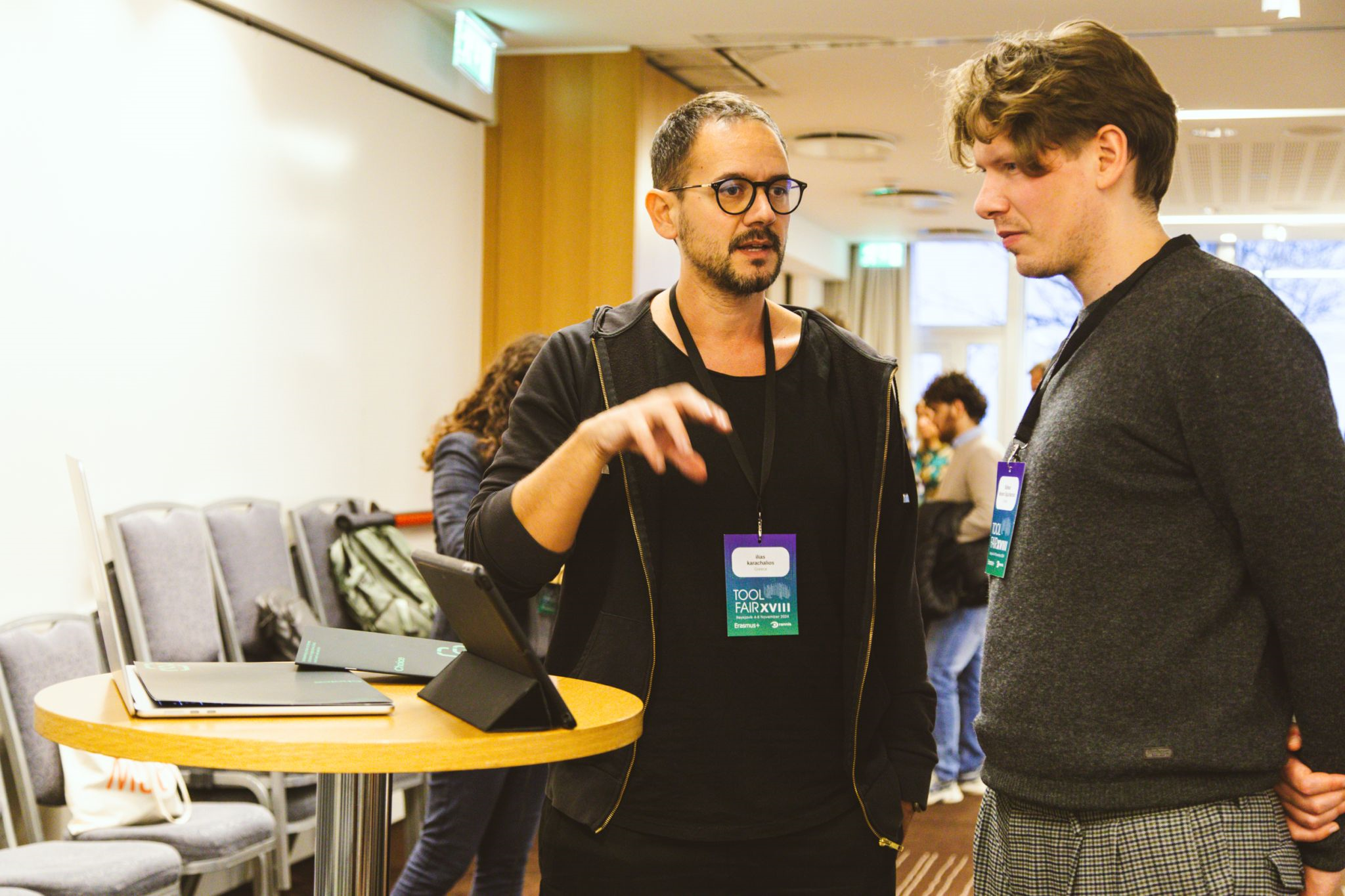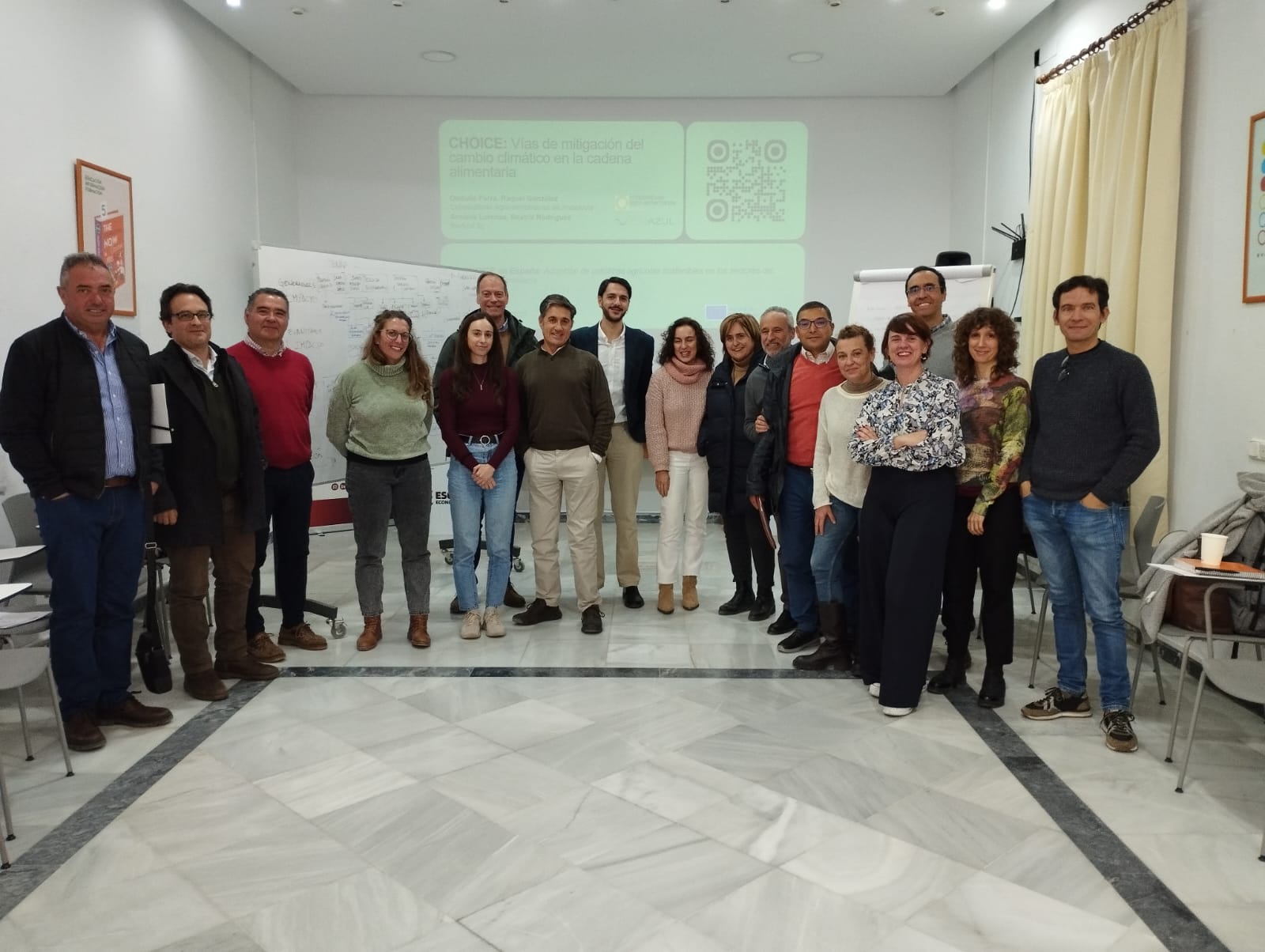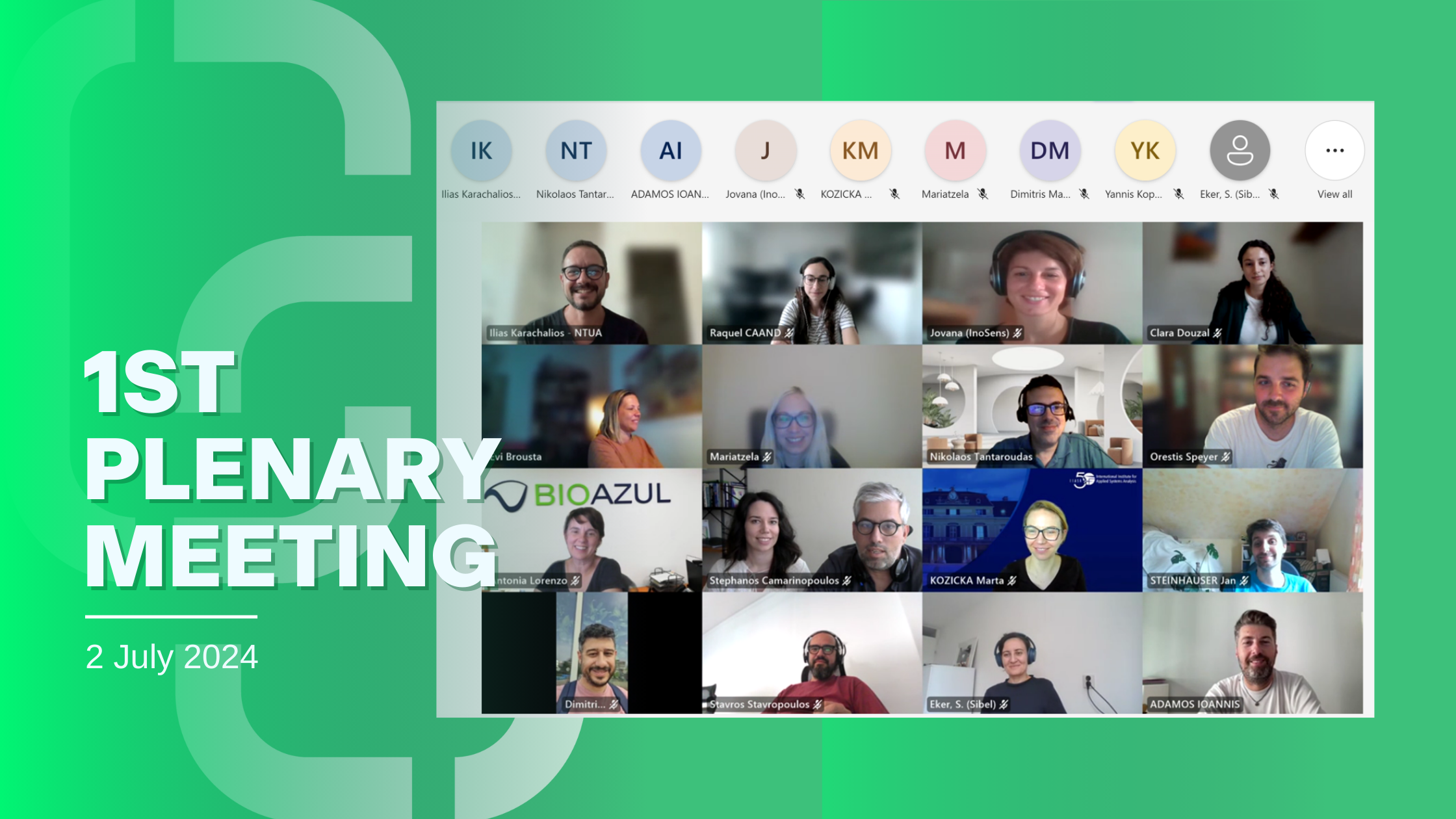
CHOICE Hosts its First Participatory Lab for the Colombian Pilot in Cauca
Introduction
Continuing its mission to drive sustainability across the food and agriculture sectors, CHOICE successfully organized the first participatory lab for the Colombian pilot. Held on December 13, 2024, in Cauca, Colombia, the event brought together 15 stakeholders from key organizations such as AMUCC, SUPRACAFÉ, TECNiCAFE, CAFICAUCA, the Mayor’s Office of Cajibío, CRC, and Cenicafé. This collaborative workshop marked a pivotal moment in CHOICE’s efforts to engage local actors and foster sustainable practices in coffee production.
Promoting Sustainability Among Women Coffee Producers
The Colombian pilot of CHOICE aims to empower women smallholder coffee producers in Cauca by encouraging the adoption of sustainable farming practices. The goal is to address environmental challenges, reduce social vulnerabilities, and enhance the resilience of local coffee communities. With 487 women producers involved, the pilot integrates modern techniques and tools to optimize water and carbon footprints while ensuring economic viability.
Key objectives of this pilot include:
- Reducing greenhouse gas emissions and water overuse in coffee production.
- Promoting education on sustainable practices among Indigenous women.
- Enhancing the quality and sustainability of coffee to bolster economic opportunities.
Mental Mapping Exercise: Identifying Critical Points in Coffee Production
A highlight of the lab was a mental mapping exercise where participants analyzed key stages of the coffee production process, including germination, seedling care, cultivation, and post-harvest processing. This exercise identified critical areas with high water usage and significant greenhouse gas emissions.
Key Findings
- Water Usage: The stages of cultivation and post-harvest processing were identified as major water consumers.
- Emissions: Machine washing and fermentation processes were flagged as significant contributors to carbon emissions.
Proposed solutions included improved planning strategies, adoption of rainwater harvesting systems, and the implementation of low-emission technologies for coffee processing.


Collaborative Insights and Stakeholder Engagement
Participants engaged in dynamic discussions to co-define strategies for addressing these challenges. They proposed the following actions:
- Introducing biofertilizers and eco-friendly technologies.
- Expanding access to educational programs focused on sustainability.
- Encouraging the adoption of circular economy practices to manage waste and sub-products.
Representatives emphasized the importance of tailored solutions that consider the unique environmental and cultural contexts of Cauca. The lab concluded with strong commitments from stakeholders to actively participate in shaping the project’s next steps.

A Step Toward Sustainable Coffee Production
The participatory lab showcased the power of collaboration in addressing climate challenges and advancing sustainable development. The insights generated during the event will inform the design of targeted interventions under the Colombian pilot, ensuring they align with the needs of local communities.
Stay tuned for more updates on CHOICE’s efforts in Latin America and beyond as we continue to inspire sustainable transformations through innovation and inclusivity.
Learn more about CHOICE’s global pilot campaigns here.




